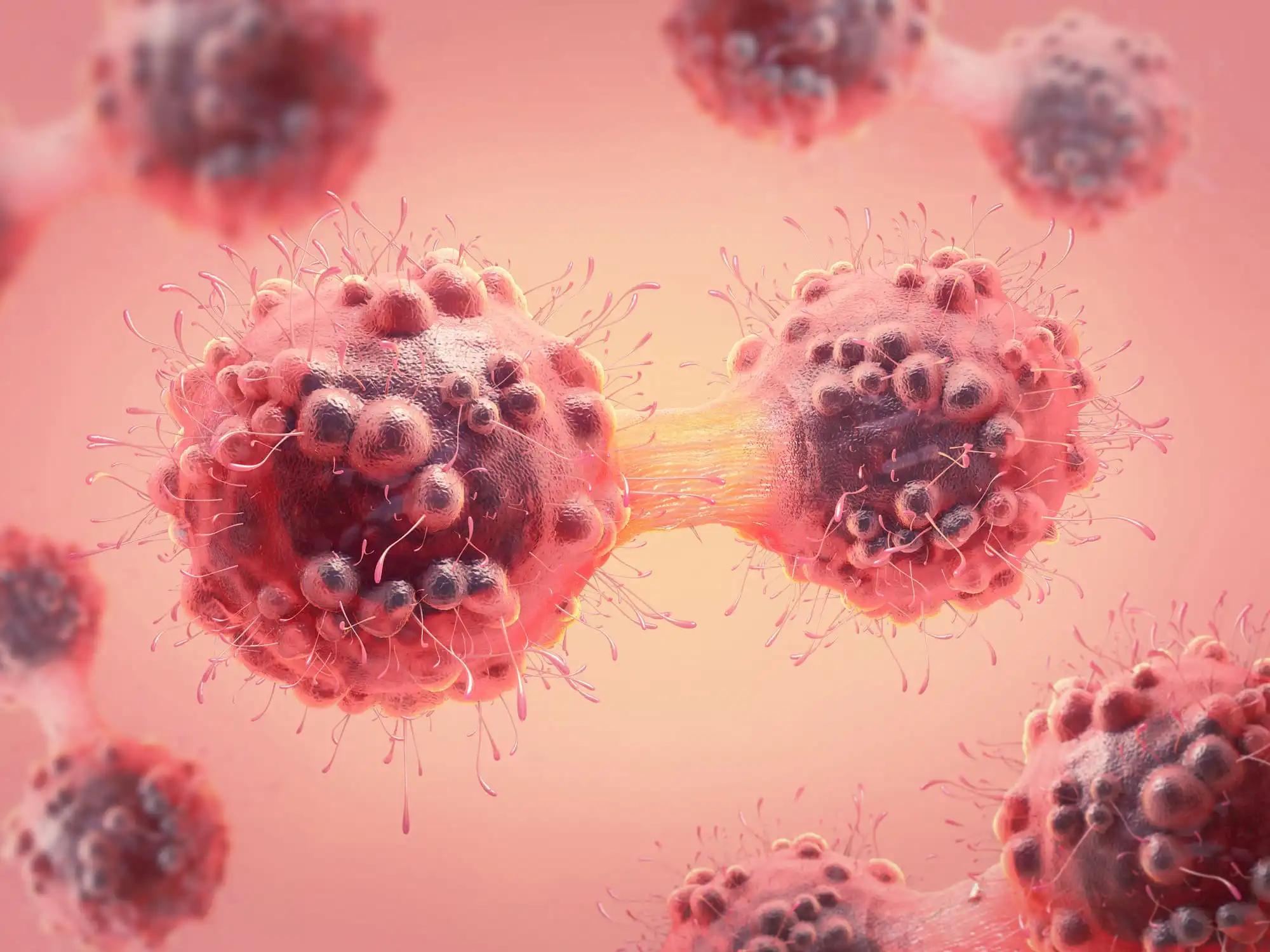KEY TAKEAWAYS
- The study aimed to investigate the anti-tumor and antimicrobial activities of postbiotics and heat-inactivated paraprobiotics from 2 probiotic bacteria.
- Researchers noticed that paraprobiotics and postbiotics offer viable alternatives to traditional probiotics for immunocompromised individuals.
Paraprobiotics (non-living microorganisms) and postbiotics (bacterial by-products) are emerging as alternatives to probiotics for maintaining intestinal health and managing conditions like colorectal cancer (CRC). Although probiotics are known to support gut homeostasis and gastrointestinal disorders, some mechanisms remain unclear, and their viability issues limit their use in food and pharmaceuticals.
Gülçin Alp Avci and the team aimed to reveal specific features (anti-tumor/microbial activities) of postbiotics and heat-inactivated paraprobiotics extracted from 2 different bacteria with targeted probiotic properties, having potential contributory roles in immune response in CRC cell lines.
Researchers used Lactobacillus reuteri ENA31 and L. rhamnosus GAA6 strains in this study. They obtained the supernatants of postbiotically active cultures and used them for this analysis.
Probiotic bacteria were subjected to abiotic stresses like high temperatures to extract paraprobiotics from those. The MTT (3-(4,5-Dimethylthiazol-2-yl)-2,5-diphenyltetrazolium bromide) assay was performed to assess the cytotoxic effects of probiotics, paraprobiotics, and postbiotics. IL-1/-10/-12/-13, TNF-α, IFN-γ, and neopterin parameters were determined via the ELISA method in immunity analyses.
Results indicated that biotics exhibited cytotoxic effects on cancer cells in a dose-dependent manner, with the order of effectiveness being paraprobiotics < probiotics < postbiotics. Additionally, biotic applications led to a decrease in IL-1, IFN-γ, TNF-α, and neopterin levels, while IL-10, IL-12, and IL-13 levels increased in CRC cancer cell lines.
The study demonstrated that biotics, which were commonly used and beneficial for health, were also suitable for immunocompromised individuals. Paraprobiotics and postbiotics offered potential advantages by enhancing the targeted use of probiotics and providing safe options for patients with CRC with compromised immune systems.
The study was funded by the University of Health Sciences, Scientific Research Projects (2022/077).
Source: https://pubmed.ncbi.nlm.nih.gov/39045970/
Avci GA, Yilmaz Üİ and Avci E. (2024). “Efficacy of probiotics, paraprobiotics, and postbiotics in colorectal cancer cell line and their role in immune response.” Rev Assoc Med Bras (1992). 2024 Jul 19;70(6):e20240226. doi: 10.1590/1806-9282.20240226. PMID: 39045970.



